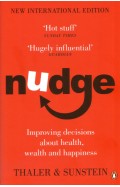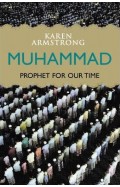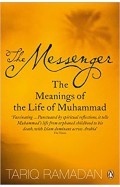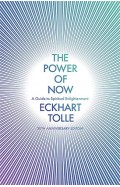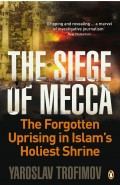Stations of Wisdom - (HB)
By: Frithjof Schuon
-
Rs 700.00
Due to constant currency fluctuation, prices are subject to change with or without notice.
Prayer Fashions Man: Frithjof Schuon on the Spiritual Life
By: Frithjof Schuon
Rs 950.00 Ex Tax :Rs 950.00
Zubin Mehta: A Musical Journey (An Authorized Biography)
By: VOID - Bakhtiar K. Dadabhoy
Rs 840.00 Rs 1,050.00 Ex Tax :Rs 840.00
Nudge: Improving Decisions About Health, Wealth and Happiness
By: Richard H Thaler
Rs 1,795.00 Ex Tax :Rs 1,795.00
The Quest For Meaning: Developing A Philosophy Of Pluralism
By: Tariq Ramadan
Rs 1,116.00 Rs 1,395.00 Ex Tax :Rs 1,116.00
In the Shadow of Shari'ah: Islam, Islamic Law and Democracy in Pakistan
By: Matthew J Nelson
Rs 2,316.00 Rs 2,895.00 Ex Tax :Rs 2,316.00
The Messenger: The Meanings of the Life of Muhammad
By: Tariq Ramadan
Rs 2,595.00 Ex Tax :Rs 2,595.00
Nudge: Improving Decisions About Health, Wealth and Happiness
By: Richard H Thaler
Rs 1,795.00 Ex Tax :Rs 1,795.00
No recently viewed books available at the moment.
Zubin Mehta: A Musical Journey (An Authorized Biography)
By: VOID - Bakhtiar K. Dadabhoy
Rs 840.00 Rs 1,050.00 Ex Tax :Rs 840.00
Prayer Fashions Man: Frithjof Schuon on the Spiritual Life
By: Frithjof Schuon
Rs 950.00 Ex Tax :Rs 950.00
Nudge: Improving Decisions About Health, Wealth and Happiness
By: Richard H Thaler
Rs 1,795.00 Ex Tax :Rs 1,795.00






















-120x187.jpg?q6)






